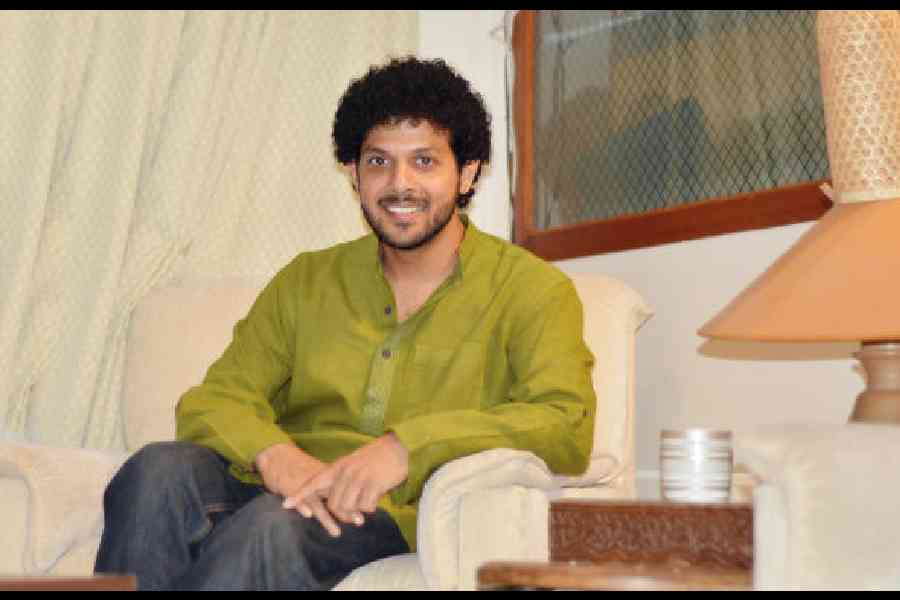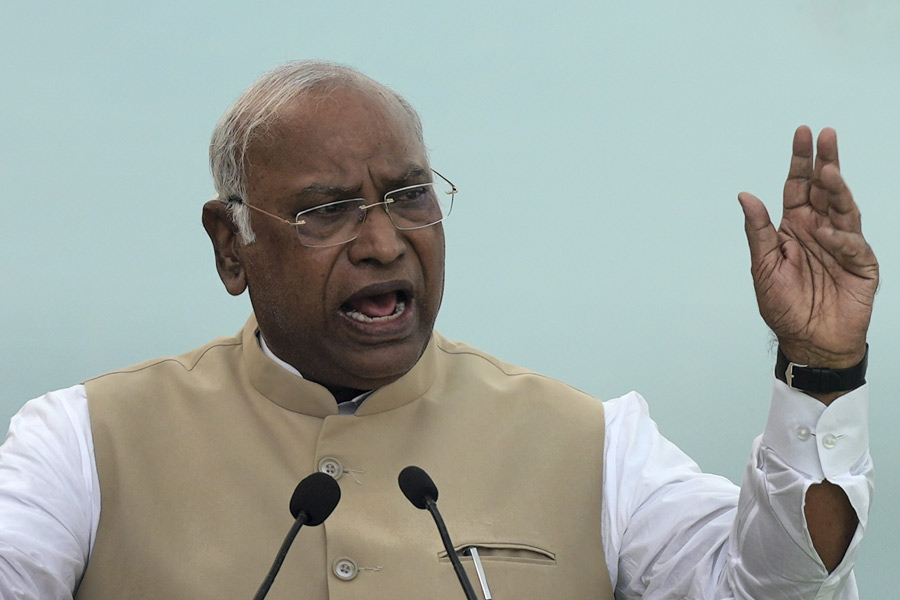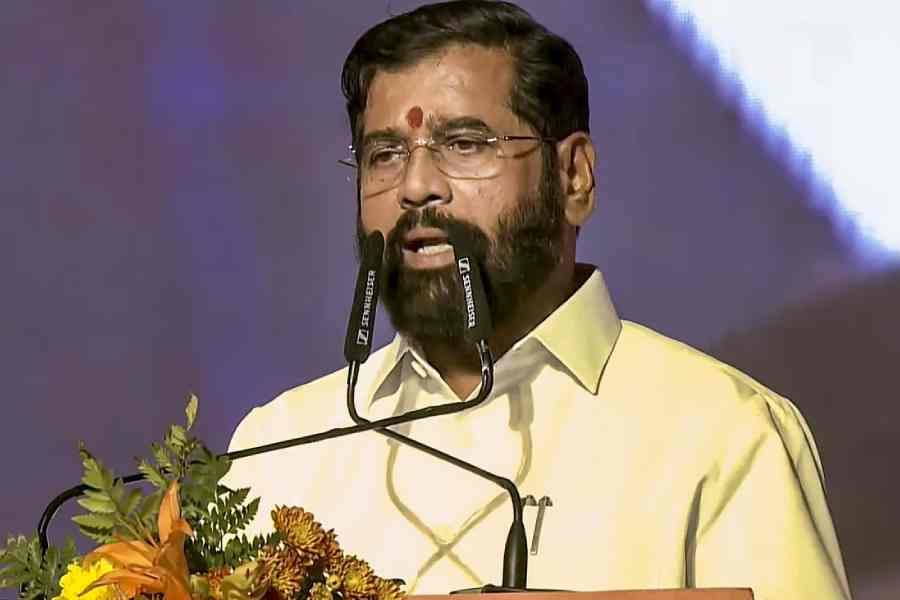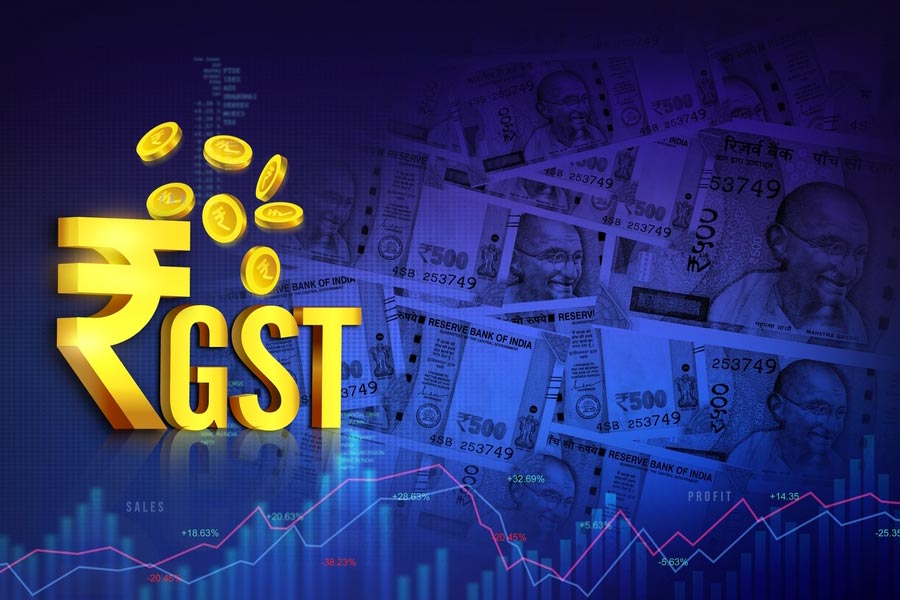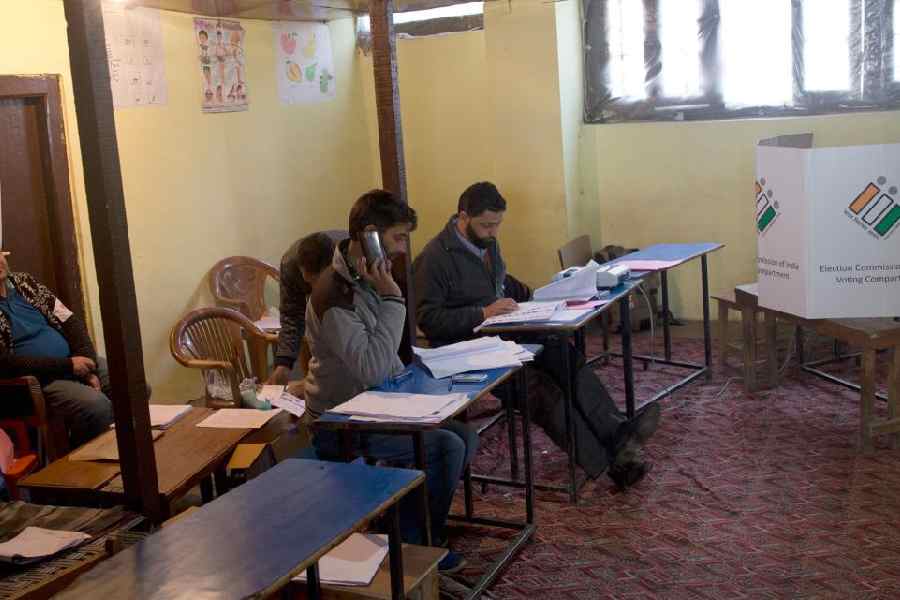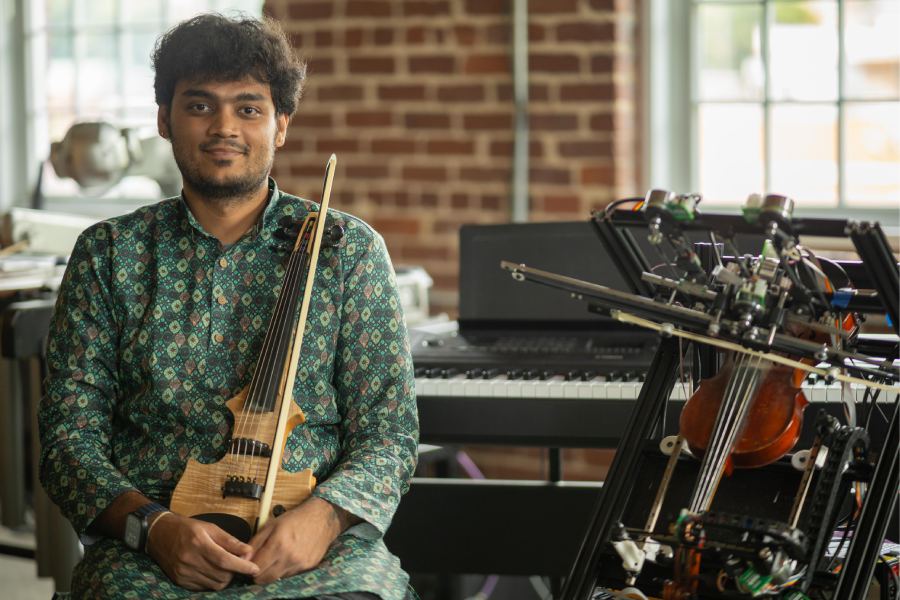San Francisco-based National Film Award-winning vocalist Mahesh Kale has been a driving force, elevating Hindustani classical and devotional music on the global stage. A recipient of the Lifetime Achievement Award at the India Independence Day parade and celebrations at San Jose, California this year, the artiste recently visited the country on a whirlwind music tour across six Indian cities. A t2 chat with the classical musician who presented his maiden recital in Calcutta on October 27.
Tell us something about your initiation into the world of Indian classical music. What inspired you to take it up as a profession?
I was born in a typical Indian household where music is a part of almost all celebrations — whether it’s a birthday, a wedding or anything. All celebrations would end with a musical programme. My mother was a student of Indian classical music. So, I grew up around music pretty much. She used to teach music at home. I would sing those songs, or bandishes that I heard played in my house. I picked up music unknowingly, and my mother realised that I had an inclination for it. After that, I started to learn it formally.
Much later, I went to the US to get my masters degree in engineering. There, in the middle of the Silicon Valley, I had to decide whether I should take up a lucrative offer which could give me a luxurious life or follow my passion in music. I decided to give my music a year. I think it has been 20 years and I couldn’t be happier.
Your Instagram bio says that you are a performer, educator and reformer. Tell us something about Mahesh Kale the reformer.
Let me give you one example. Here in India we all know that each Hindustani raga is for a particular time of day. But it is not so in the US. When they are taught something for which they cannot find contextual relevance, they just do it because it is the custom. My work is to make my students learn and identify them and understand the music so they value it as their tradition.
You have played for audiences all around the world. How would you compare audiences in India from those abroad?
I have found that Indian audiences who are familiar with my music have a premeditated thought about what to expect and what they want from me. But that is not the case when I play at a jazz concert. They are not as much aware of my work. They approach with a fresh perspective of discovering my music, unlike in my Indian concerts where I am flooded with song requests.
In India, I like the fact that I am able to create a list of my tunes that people want to listen to. But before a concert in the West, I have to figure out what are the core aesthetics of Indian classical music that will vibe to a global audience who do not know or understand me as much.
Do you think global artistes like you need to take any special initiative to bridge this gap in understanding to enhance interest in Indian classical music?
I think the responsibility does not lie only with artistes. One in every six people in this world is an Indian. If all of us start to rally behind our traditional arts it will be an amazing thing.
I am doing my bit. Come rain or shine, I practise my music every day and go perform everywhere with all my heart and all my effort. When I am performing outside India I try to converse with my audience. In India, I try to make young Indians sing Indian classical music. In most cities where I perform, I host a couple of workshops. Recently, I held seven classical music workshops in Australia. So I try to inspire through my concerts, increase people’s curiosity through workshops, and then try to sustain their interest through my classes.
How do you foresee the future of Indian classical music?
Indian classical music has sustained many battles that have happened for hundreds of years. I have no doubt that Indian classical music will continue to thrive. With Internet technology, it has become really easy to reach out to audiences beyond your geographical boundaries. My music school is now present in 15 countries of the world. I can do a masterclass every couple of months. And from what I can see, the younger generation shows a lot of promise in taking Indian classical music forward.
Do share with us something about your music school, Mahesh Kale School of Music.
I am very interested in teaching. Music gives me great joy. And I want to share that with as many people as possible. That is the idea behind founding my music school. Officially, I have been teaching for the last 20 years. During the pandemic, Mahesh Kale School of Music went online. Earlier, it was only limited to the Bay Area (in San Francisco). During this period, the number of my students extended globally and also increased manifold as people had more time. The intention is to figure out a way to harness the sustainable joy from music.
As I am a travelling musician, my classes take place online. When I travel to a city where I have students, I try to fit in a physical class as well. For instance when I am in Maharashtra, I end up spending a lot of time with my students. Although, for my students in the Bay Area (where I live), there are scheduled physical classes.
At the moment there are 50-odd advanced students who attend my masterclasses. They in turn teach my beginner and intermediate students, for whom I take a masterclass every two months.
Musically speaking, what are you working on at the moment?
At the moment I am interested in the sound of classical music, to make it more palatable for younger audiences. So, without changing the core structure of the raga music, I am trying to present it in a more contextual, contemporised way.
Also, I collaborate with saxophonist George Brooks to curate a jazz concert for Stanford University, which happens every year in June. We also invite an interesting mix of musicians from different parts of the world for this show. So we will start working on this shortly.
You have won an award for playback singing in a Marathi film. Any plans of venturing into Bollywood?
My core aspiration is to serve Indian classical music. I think we can use more representation in that area. If I get something that could help further my goal of promoting Indian classical music, I might consider. I have been approached off and on, but nothing has interested me so far.
What other interests do you have apart from Indian classical music?
I love nature and I love sports. I represented my school in volleyball and a lot of other sports. Of late I have developed an interest in pickleball. My music takes me to different places and I love to experience the culture and the way of life of that place. This also helps me to reach out to them through my music.

